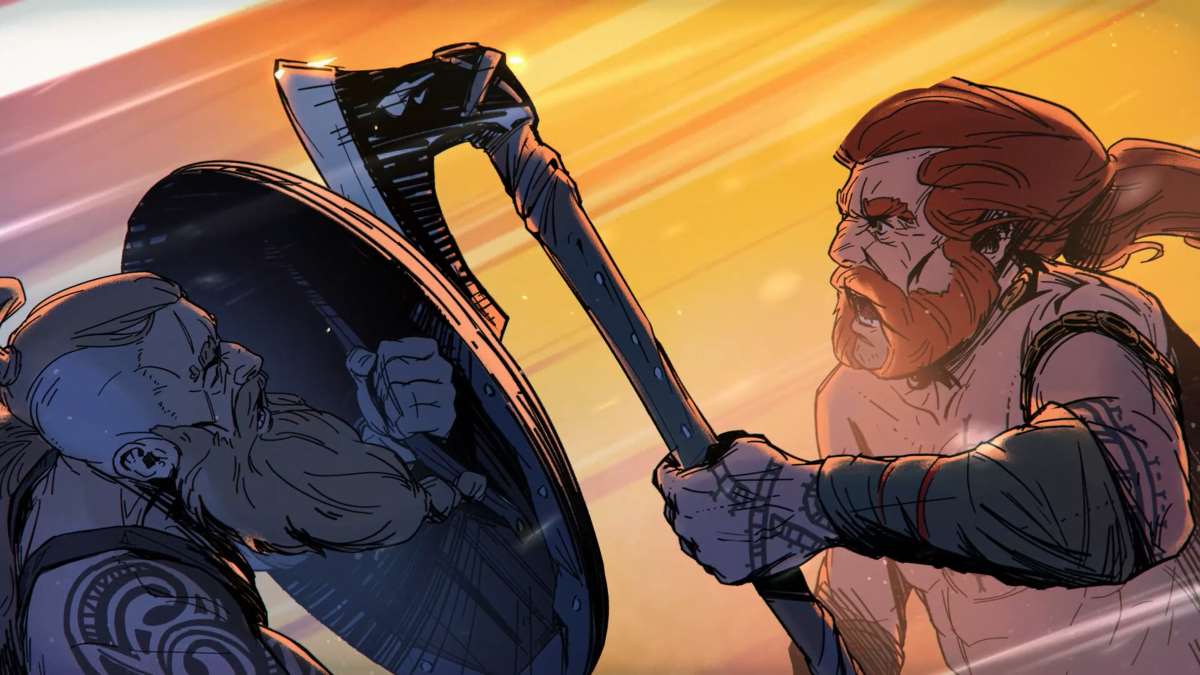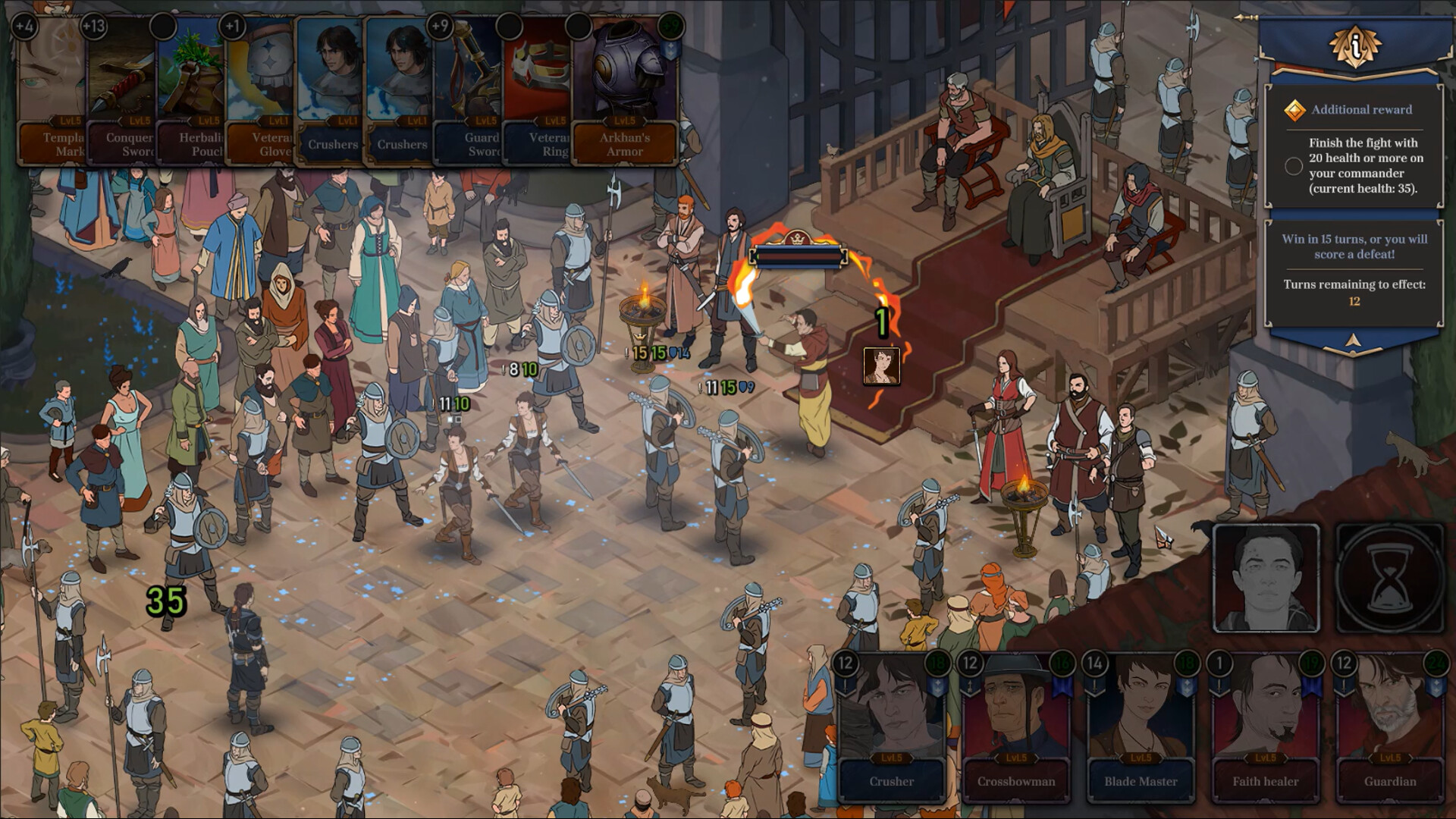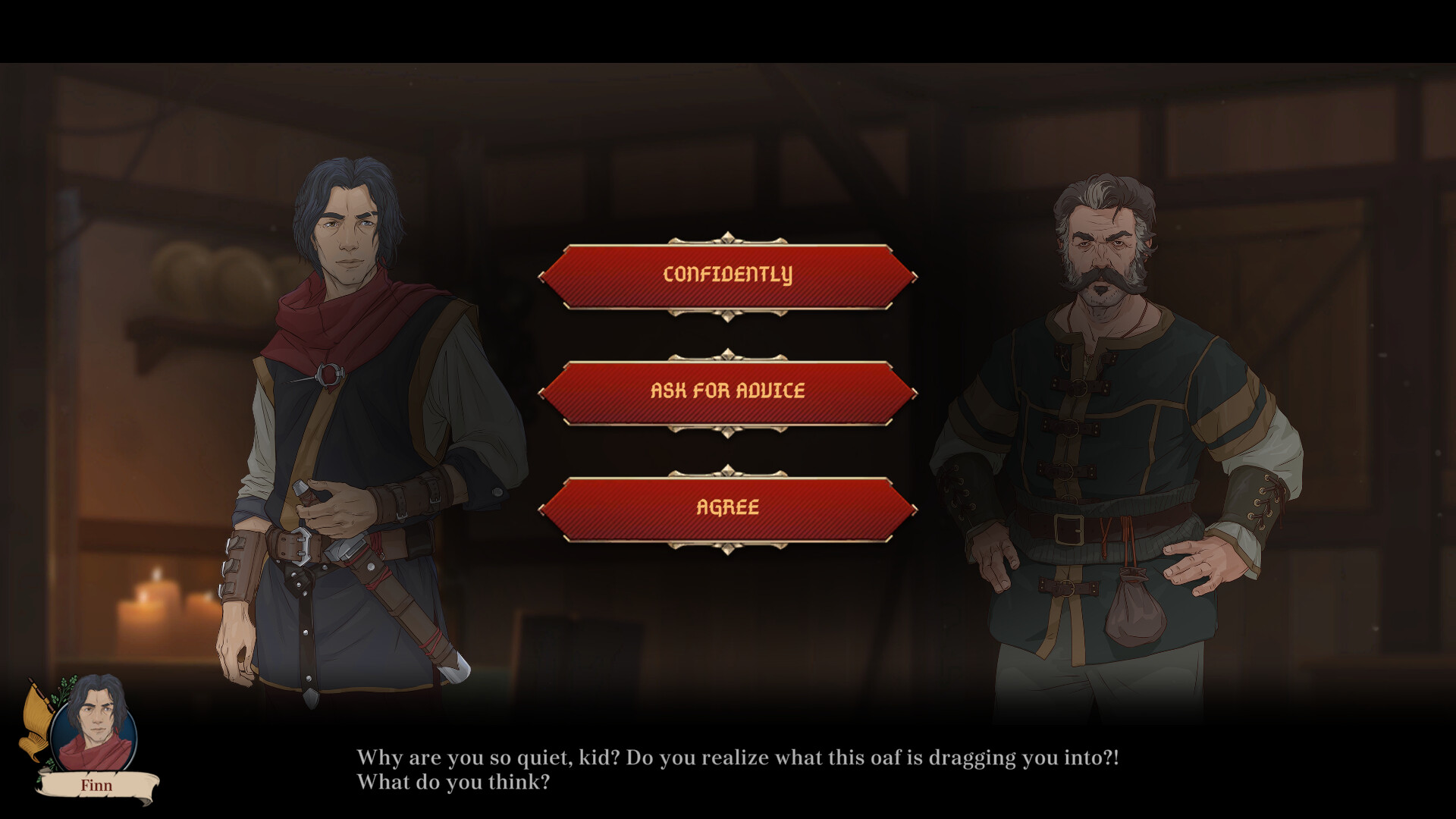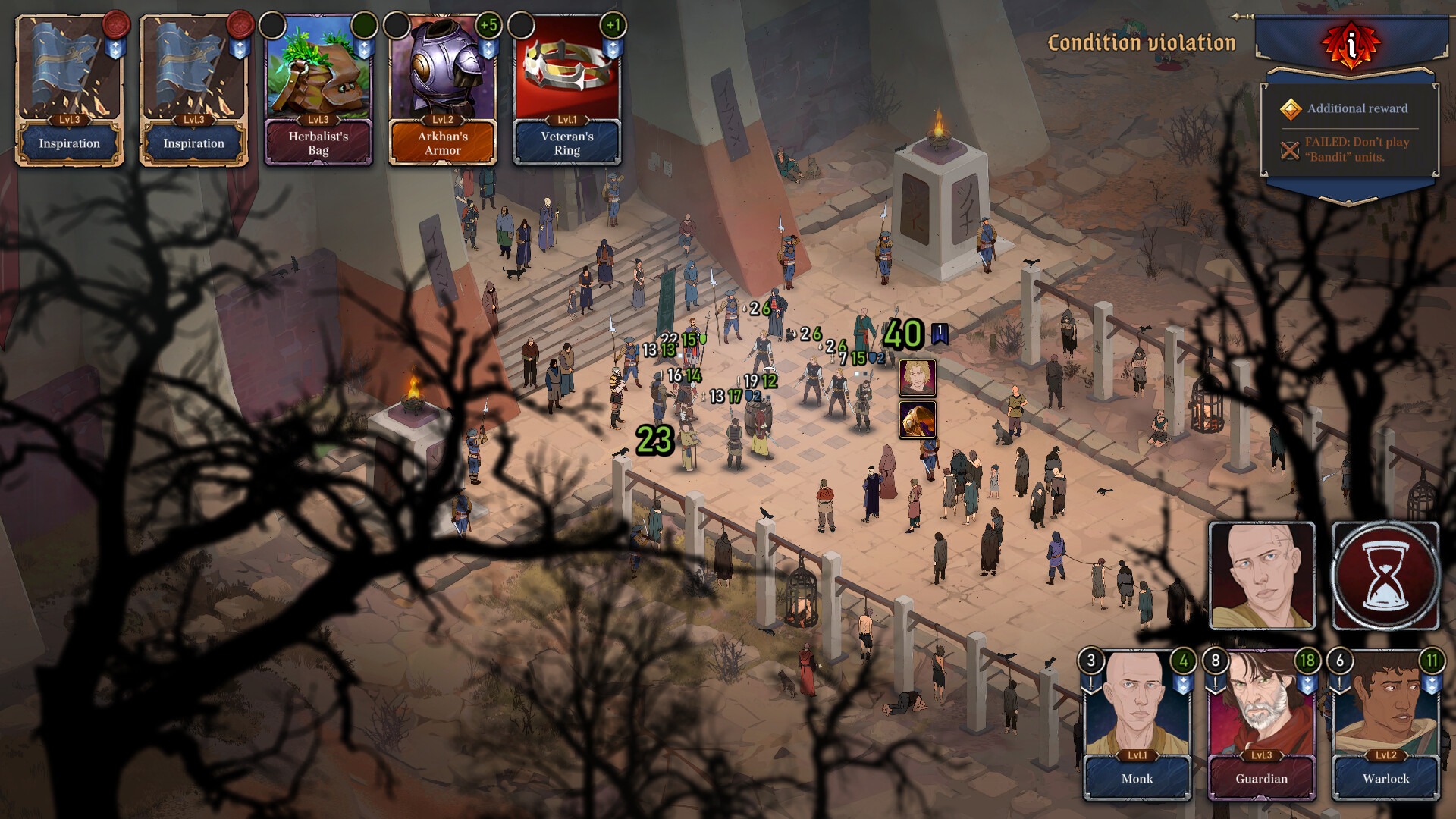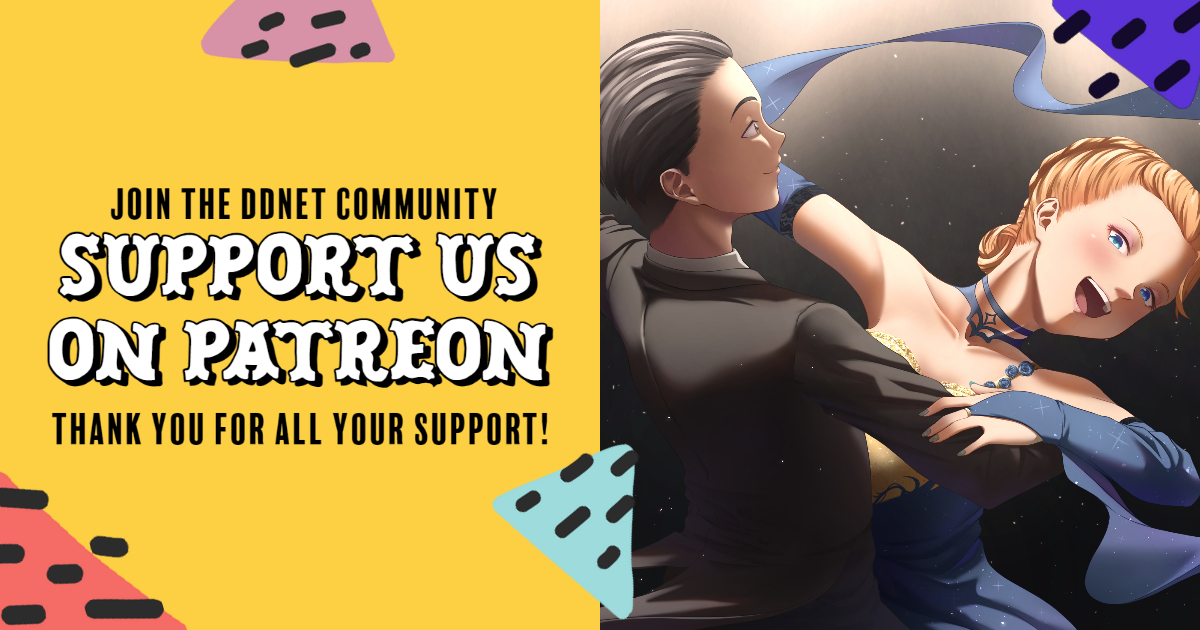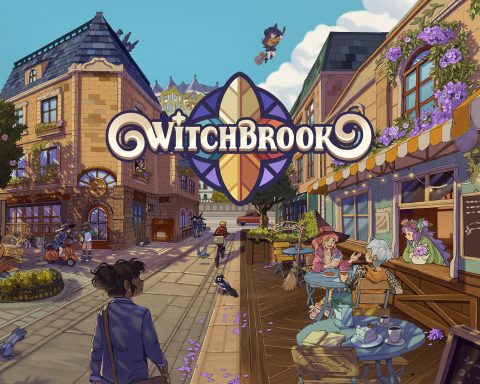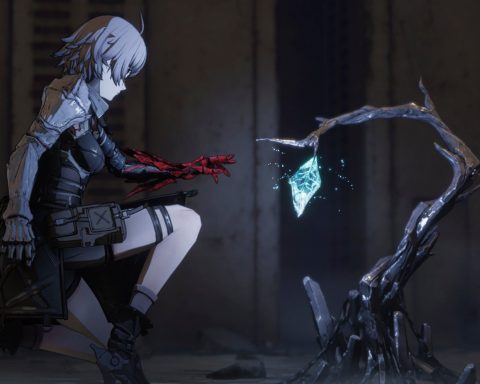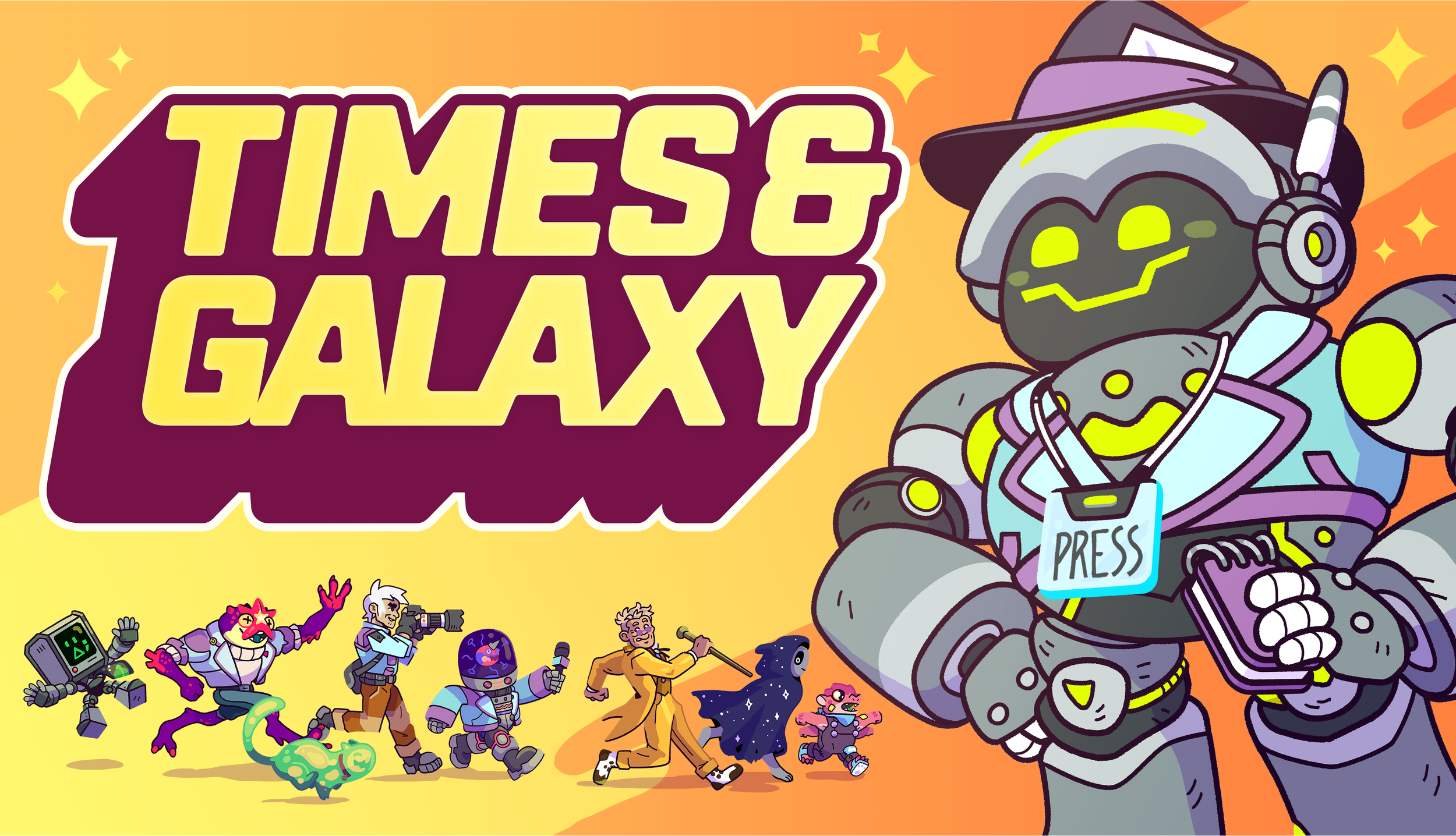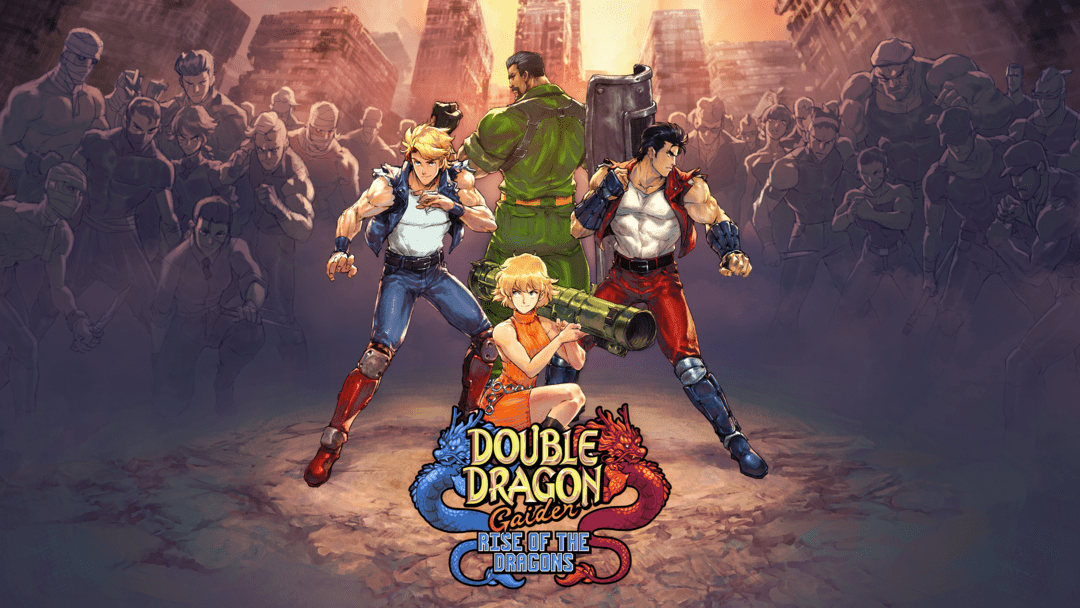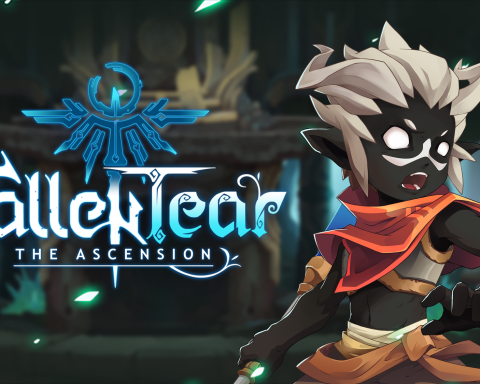At first I was disappointed with the concept of Ash of Gods: The Way. The original Ash of Gods (subtitled Redemption) was a gritty little tactics RPG with rich, albeit dark storytelling. Clearly inspired by The Banner Saga, it never eclipsed that masterpiece, but it still stood in the same ballpark. Ash of Gods: The Way, meanwhile, is a deckbuilding card game. I thought that would be a big step backwards. The plot in these kinds of titles is rarely more than functional, and it was the plot, not the gameplay, that had the potential in the original Redemption.
Thankfully, I was proven wrong quickly. The developers have found a way to deliver an intense narrative through The Way and, while Redemption was a small fish in a pool filled with big golden carp, this monumental shift in gameplay has given the team the opportunity to establish themselves a noteworthy leader now.
I know I shouldn’t quote Thomas Carlyle, given the “intellectuals” that have latched on to him in our time. However, there is one Carlyle quote that is very relevant to The Way. “War is a quarrel between two thieves too cowardly to fight their own battle; therefore they take boys from one village and another village, stick them into uniforms, equip them with guns, and let them loose like wild beasts against one other.”
You could delve deep into what Carlyle meant by this, given his lectures and thoughts on the value of great men as leaders. I’m not going to delve into that here. I am no scholar of Carlyle. The point that I’m making is that this quote fundamentally opposes war, by highlighting that the people that fight in wars are not the ones that cause them.
Ash of Gods: The Way, likewise makes that observation, and can itself be read as stridently anti-war. You play as one of Carlyle’s leaders, and while, mechanically, you’re drawing and playing “cards”, the narrative goes to great lengths to make it clear that this is a cruel game and the “cards” are people, so what you’re doing is not benign and rather you’re standing back as the “commander” and sending hordes to their deaths.
At the same time, you’re not necessarily evil for doing so. See, there’s an empire that’s on the cusp of launching a full-scale invasion into another nation. This empire trains its leaders through this game, causing many to die so they can play may-believe wars. The leadership of the threatened nation has decided that the best strategy is to stall for time and learn something about the enemy’s tactics. So they send you into hostile territory to participate in this game, learn something about the enemy, and, ideally, find a way to stymie the invasion while you’re there. As that concept probably tells you, The Way goes some grim places, and you do need to be in the right frame of mind for it. When you’re in the right mood, it’s impressively gripping, however.
The combat itself isn’t unique. The deckbuilding card genre is a well-trodden path at this point. The playfield is broken up into rows. On your turn, you use a card from your hand to “summon” a soldier to the battlefield. They will then move across the field on each turn, until they either crash into an enemy (at which point they’ll fight), or get to the far end, where they’ll then attack the enemy commander. Unlike in a tactics RPG, you don’t directly control these characters once summoned. However, you can use your turn to shift them to a different row.
Units are a standard range of melee and ranged specialists, and you can also use equipment to power them up. Units have two core statistics. One is the damage they’ll deal, and the amount of damage they can take before they perish. At first, this will seem too simple and standard for its own good. However, it doesn’t take long for a stiff level of difficulty to make each battle riveting. There’s considerable variety in the decks, units, pieces of equipment and tactics, and battles can become very taut, tightly balanced affairs indeed.
It also helps that decisions have consequences in The Way. There’s only a single save file, which auto-saves, and this is to force you to take every decision that you make in the narrative seriously. The idea is that while you are a commander sending people to their deaths for the sake of a game, you’re at least trying to navigate the horrible, gladiatorial society with some sense of a moral centre. “The Way” in the title refers to how there are many possible paths, but you only get to select one of them. Like most Western RPGs, there’s not much room for goodness or true nobility in The Way, and decisions tend to be a conflict between compromises in trying to find the lesser evil. It’s done well enough that I put the controller down at times to think, and I always appreciate it when a game manages to be so well written that I’m invested enough to do that.
One final quality that gets you invested in the game is its incredible production values. The art in this thing is stunning, if almost claustrophobic at times. The soundtrack is… intense. It’s excellent, but it’s almost antagonistic in tone and really helps to sell the idea that this world that you’re navigating is a violent, vile place. At some stage, someone needs to license Ash of Gods to make a TV series or film because it’s right up there with Game of Thrones in the way it depicts a labyrinthine, nightmarish medieval era and the struggle for survival within it. If there were any justice people would look past the fact that this is an “indie” title to see the very real quality behind it.
I wasn’t expecting to enjoy Ash of Gods: The Way anywhere near as much as I did. What could have been a big step backward from the bold and ambitious effort of the original Ash of Gods has instead become one of the most genuine efforts to push the burgeoning “deckbuilding card game” genre forward.
